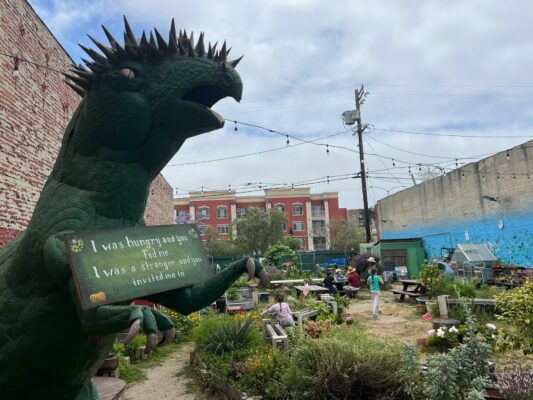
They have a very valid point. Think about it.
What would your life be without music? How would it feel to experience a wedding without that special first dance, a drive up the coast without the radio blasting, or a baseball game without the national anthem? Music gives us the soundtrack for our lives, and I’d venture to say that the art form of music is appreciated and enjoyed in some manner by every human being that walks the earth. It would make sense that the community would embrace the artists who create this music, and that great value would be placed on the songs that we all laugh, cry, and fist pump to. Why then has a beautifully written song been reduced to a 99 cent purchase, and why has the music marketplace cultivated a band of online thieves?
The majority of people involved in the business of music agree that the marketplace is currently in a state of flux. Most focus on the specifics of the economic model, such as the transition from CD to digital, or the economy hurting live ticket sales. Over the last decade, CD sales dropped 50 percent, from $14.6 billion to $6.3 billion annually, and no end to the decline seems near. The impetus for this decline was the infamous Napster, which took the price of a CD from $14 to free in 1999. As a result of this lost revenue stream, artists initially focused more on touring and live performance to continue making a living. But increasingly higher ticket prices, coupled with a struggling economy, have resulted in the first decline in ticket sales in decades, as reported by Pollstar.
The most alarming byproduct of this decline in revenue was illustrated by a musician friend of mine that I had coffee with last week (an artist who has sold millions of albums over the last two decades). He told me that a major sporting event wanted to use his song during their TV intro, and that to license the song they would give him but a few hundred dollars. In 2001, this would have carried a $10,000 price tag). Translated: the artist of today is struggling. Struggling to prosper, struggling to thrive, and struggling to simply make a living under the current model of the music business.
Let me be clear. I am not finding fault with the consumer. Supply and demand is a simple economic theory . People will pay for a product they see value in. Additionally, I see the magazines, too — the fancy cars and the big houses, and the bands like Rolling Stones and U2 taking private jets to San Tropez — and sympathy is not the feeling that comes to mind. The media engines that create this perception of cool are the same engines that fuel the consumer’s “love to listen, hate to pay” attitude.
However, I do believe that we need to be more conscious of the situation, for our own benefit as well. I want to wake up and throw some tunes on, like I did this morning, and listen to good melodies. I don’t want to take a run and have no music to inspire me, or get used to silent films on the weekends. I want good music in my life today, tomorrow, and as long as I’m alive. And so I believe we, as the consumers, need to be cautious in our perceptions, and understand that one day our economic actions might reduce the volume and quality of music that is being provided to us every day. If that day ever comes, the world will truly be in trouble.
So what then is the proper characterization of the state of the music business? It’ll survive just as surely as music will survive, because that’s what we do. People survive. But I’m hoping that somewhere along the line, we will all realize our ever-important roles in supporting and nurturing those who provide us these unique soundtracks — the coffee shop singer who is charging $2 at the door, the independent artist selling his CD for $8, or the band offering a live stream online of their performance for $1. There is a post-music industry music industry developing as we speak. Our actions as consumers will be the defining impetus for the new frontier.
Does buying a CD or paying for a show at Saint Rocke sound so crazy now?
Allen Sanford is the owner of St. Rocke.









